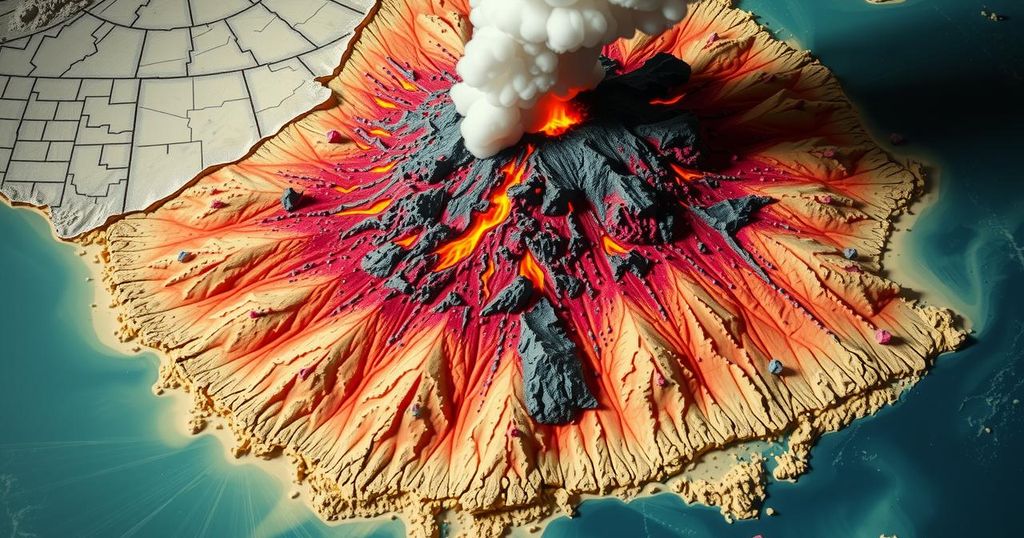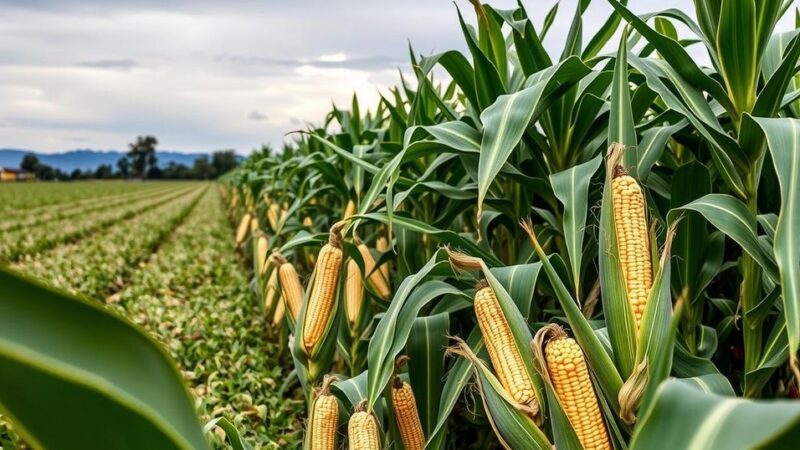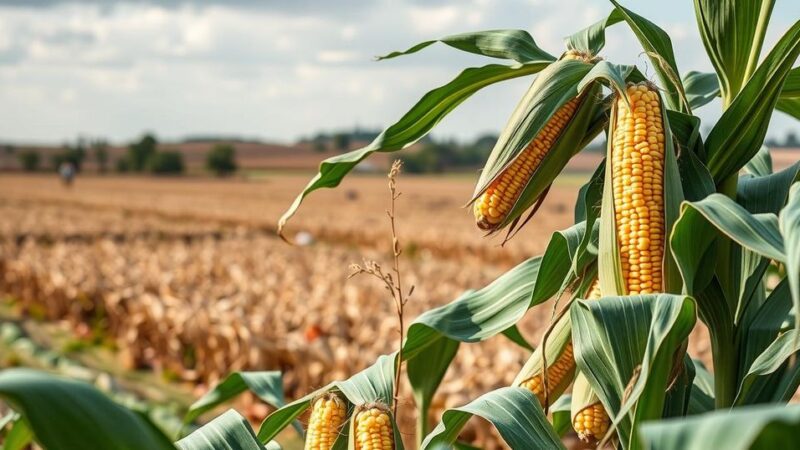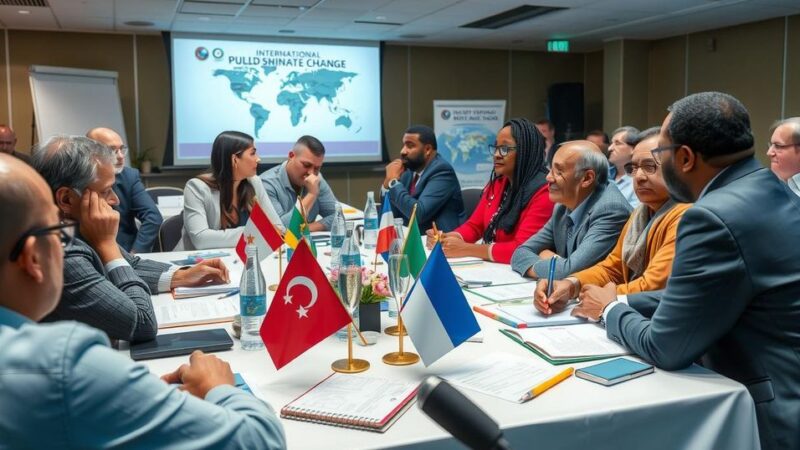A magnitude-5.8 earthquake struck Ethiopia on January 4, 2025, near Abomsa and Amhara, coinciding with volcanic eruptions from Mount Dofan. The Ethiopian Geological Institute indicated potential for increased seismic activity, prompting evacuations and raising concerns regarding the Grand Ethiopian Renaissance Dam and regional water rights disputes with Egypt and Sudan.
On January 4, 2025, a significant earthquake with a magnitude of 5.8 struck Ethiopia, affecting the regions of Abomsa and Amhara, not far from the capital city, Addis Ababa. The earthquake’s epicenter was reported at a depth of 10 kilometers, as confirmed by the Ethiopian Geological Institute and the United States Geological Survey (USGS). According to geological experts, this recent tremor is part of a series of increasing seismic activities in the region, with warnings that future tremors may exceed the current magnitude.
In parallel, Mount Dofan Volcano in the Afar region commenced an eruption, marked by the emergence of large fissures in the ground, prompting Ethiopian authorities to evacuate residents to safer temporary shelters. Egyptian geologist Abbas Sheraqi indicated the possibility of intensifying seismic activity, suggesting that these tremors could be precursors to more considerable volcanic eruptions, which might endanger populated areas, especially near the Fentale Volcano to the south.
Sheraqi expressed concerns regarding the Renaissance Dam, emphasizing the need for safety for both Ethiopian citizens and neighboring countries, specifically Sudan and Egypt. For years, Egypt and Sudan have sought a binding agreement regarding the Grand Ethiopian Renaissance Dam (GERD) to protect their respective water rights, amid ongoing tensions rooted in Ethiopia’s unilateral actions concerning dam filling and operations.
The recent seismic activity in Ethiopia highlights the country’s complex geological landscape, characterized by tectonic instability due to the East African Rift system. This region has a history of earthquakes and volcanic activity, posing significant risks to surrounding populations. The Grand Ethiopian Renaissance Dam, a major infrastructure project, exacerbates tensions between Ethiopia, Egypt, and Sudan regarding water rights and resource management. Negotiations to resolve these issues have been ongoing for over a decade, yet they have repeatedly stalled, leading to concerns about regional stability and safety in the face of natural disasters.
The events of January 4, 2025, serve as a stark reminder of the geological volatility present in Ethiopia, particularly with the interaction of seismic and volcanic activity. The evacuation of residents due to the eruption of Mount Dofan underscores the urgent necessity for disaster preparedness and community safety initiatives. Furthermore, unresolved disputes surrounding the GERD continue to pose challenges for diplomatic relations in the region, necessitating renewed dialogue and collaboration among the involved countries to secure water rights and address potential hazard mitigation proactively.
Original Source: www.egypttoday.com







